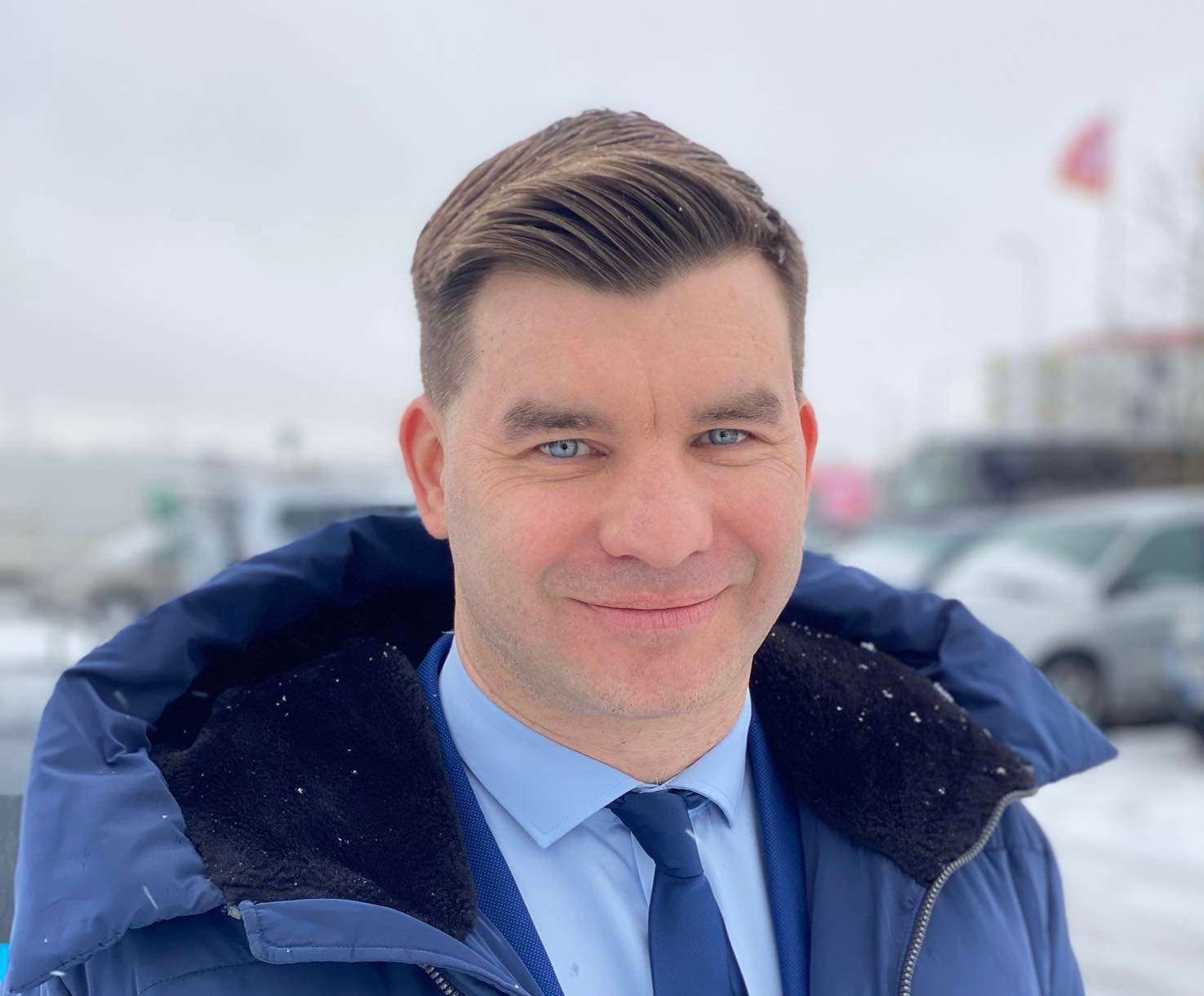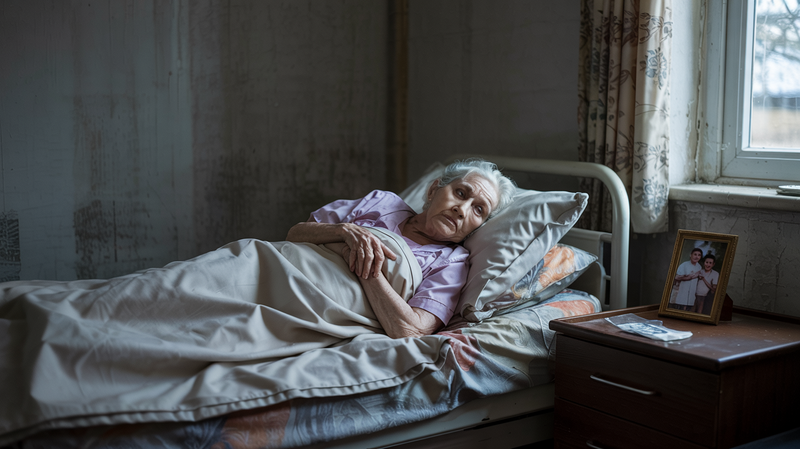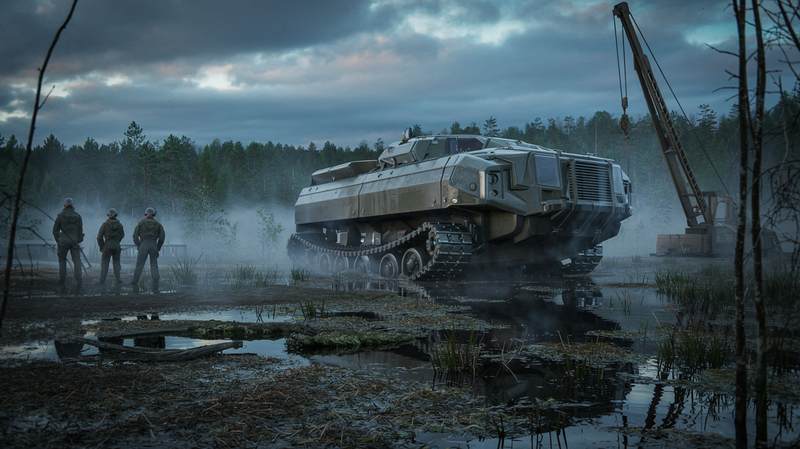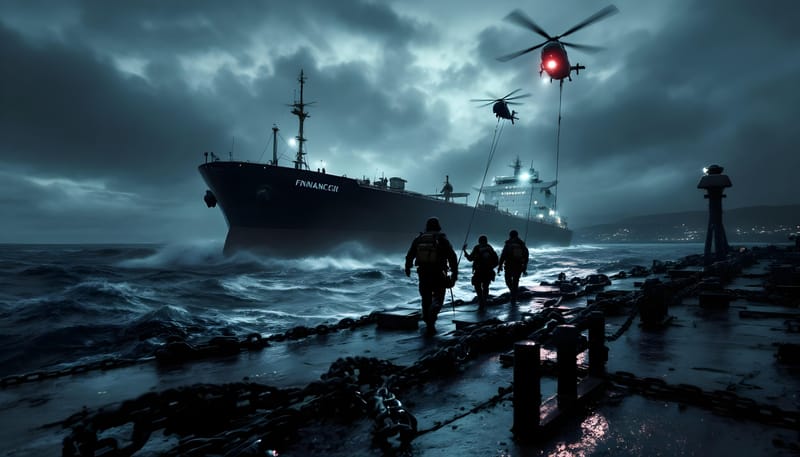With Soul
It is the time of souls, moments filled with memories, gentle melancholy, and gratitude. As long as we can remember and be grateful, we have a future, despite the deepening animosity and prevailing mood of resignation in reality. During the time of souls, one cannot bypass grief, that unique state

It is the time of souls, moments filled with memories, gentle melancholy, and gratitude. As long as we can remember and be grateful, we have a future, despite the deepening animosity and prevailing mood of resignation in reality.
During the time of souls, one cannot bypass grief, that unique state which clarifies yet can also oppress and burden the heart. If a loved one has passed away in old age, having completed their life's work, grief is more bearable. But when faced with an unexpected and unjustly premature departure, there often is no remedy for the pain. It drills and drills until it devastates the mourner's health.
It's particularly painful to know that death could have been prevented. This is the case when there's a suicide, a death due to alcohol or drugs, or the loss of a loved one in traffic.
The number of suicides reflects the empathy of a society.
Discussions about suicides and their causes are somehow dispassionate. But what does it mean when our small country ranks among the world's highest in suicides? Is it our inability or unwillingness to listen to our peers, our inability to forgive, our urge to blame and label? When work stress, fall depression, or defeat in life are cited as reasons for suicide, the real reasons are not the devastating effects of seasonal depression or overwork. They primarily lie in the way political, business, and professional rivals are treated with relentless hostility. When mud is thrown at you day after day through social and mainstream media, even the strongest of spirits can break. Empathy from loved ones may no longer help, and eventually, the toll bell rings.
Each year in Estonia, 200 people take their own lives, people who could still be living. They choose non-existence because existence becomes too harsh and unbearable. Let's think of their last moments. Perhaps then we can find a bit more empathy within ourselves and less desire to destroy.
Deaths from alcohol and drugs are not inevitable.
Deaths from alcohol and drugs are a slower form of suicide but equally fatal in the end. Every year, we lose thousands of lives to the bottle and the needle.
Combating the evils associated with alcohol requires a comprehensive approach, which includes considered social measures, enhancing youth work and law enforcement, shaping community attitudes against alcohol excess, promoting sports lifestyles, expanding sports opportunities, and promoting a culture of alcohol. Alcohol prevention, not organizing discussions about LGBTQ+ issues, should be the real challenge for youth workers. Half-baked political oddballs should stop toying with the idea of a nightlife mayor. Personal love for alcohol shouldn't be advertised.
Estonia is also at the forefront of drug-related deaths. Are we really succumbing to street peddlers? Instead of discussing ways to enhance prevention against drugs and fight against criminal enterprises, liberal fools who are cannabis enthusiasts are advocating for the legalization of dangerous substances.
Too many people die in traffic.
Every lost life is irreplaceable for a small country like Estonia. But why are we content that the number of traffic fatalities and severely injured remains the same for years? Yes, compared to the nineties, the situation has significantly improved, but it's not enough. We take for granted that if you don't want to lag behind others, you must drive at 65 km/h in the city and 105 km/h on the highway. Our legislators are not rushing to regulate the use of moped cars and push dangerous electric scooters onto the sidewalks for pedestrians. This is where the negligence starts, which cannot be saved even by red-painted bike lanes.
Why are we so tolerant of hooligans who destroy traffic culture, creating prerequisites for accidents with human casualties? Why have we reconciled ourselves to paying a tithe to the traffic behemoth in the form of killed and injured? We shouldn't.
The time of souls should offer us peace and clarity, for thinking of our ancestors grants us their wisdom. Let's then be more attentive to one another. Notice when someone suffers and at least offer a smile, as sometimes even that can help. During this period, media bashing and mockery could stop, even for a moment, and uplifting and good messages could come to the forefront, for they haven't disappeared. We could ease off the gas pedal, give up hurrying, and after lighting candles at the cemetery, sit with loved ones to ask how they are doing and how we can support them. We could feel like one nation, just like years ago when those many of us commemorate today managed to join hands in shared hope.
Peaceful time of souls!
Vsevolod Jürgenson




